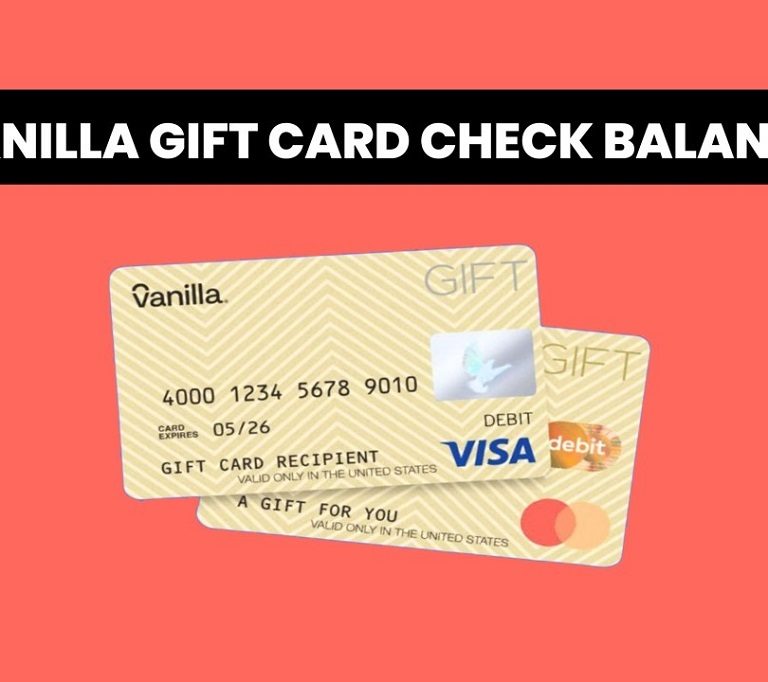Leasehold properties can seem an attractive prospect both for people who want to live in them and for buy-to-let investors. However, it is important that you understand what you are taking on and the limitations of leasehold ownership. Mistakes can be costly.
What is a leasehold property?
With a leasehold property, you only own it for a fixed period of time. When the lease is up, it reverts to the freeholder who is sometimes called the landlord. Leasehold properties can be cheaper to purchase than freehold properties but there are often ongoing costs such as ground rents.
Are leaseholds suitable for buy-to-let?
Yes, you can buy a leasehold property and then rent it out as long as that does not contravene the terms of the lease. You will need a legal expert to check this for you.
According to His Majesty’s Revenue and Customs, you have to pay tax on income received from rental property. Some landlords use a Deed of Assignment to transfer their beneficial interest in a property to their spouse for tax purposes. You can find more details on the tax implications of doing this here: https://www.parachutelaw.co.uk/deed-of-assignment.
Beware of short leases
Short leases are the main drawback of this type of property. If there are less than 80 years left on the lease, it can be very hard to get a mortgage. That leaves you having to raise the entire purchase price. Even if you can raise all the cash, the property will become increasingly hard to sell as the years go by and will end up falling in value.
Extending leases is expensive
You can apply to extend the lease but this can cost a lot of money. Also, the leases with the shortest time to run cost the most to renew. You have to own a property for two years before you can apply to extend a lease.
Leases can have unexpected terms
Every lease is different and it is vital that you get legal advice. There could be some unexpected (and unpleasant) clauses that prevent you from letting the property. Other leases prohibit you from keeping pets. There is likely to be a ground rent that you have to pay every year. If this increases, it can leave you seriously out of pocket. A conveyancing solicitor can check this out and interpret the legal jargon for you.
















+ There are no comments
Add yours